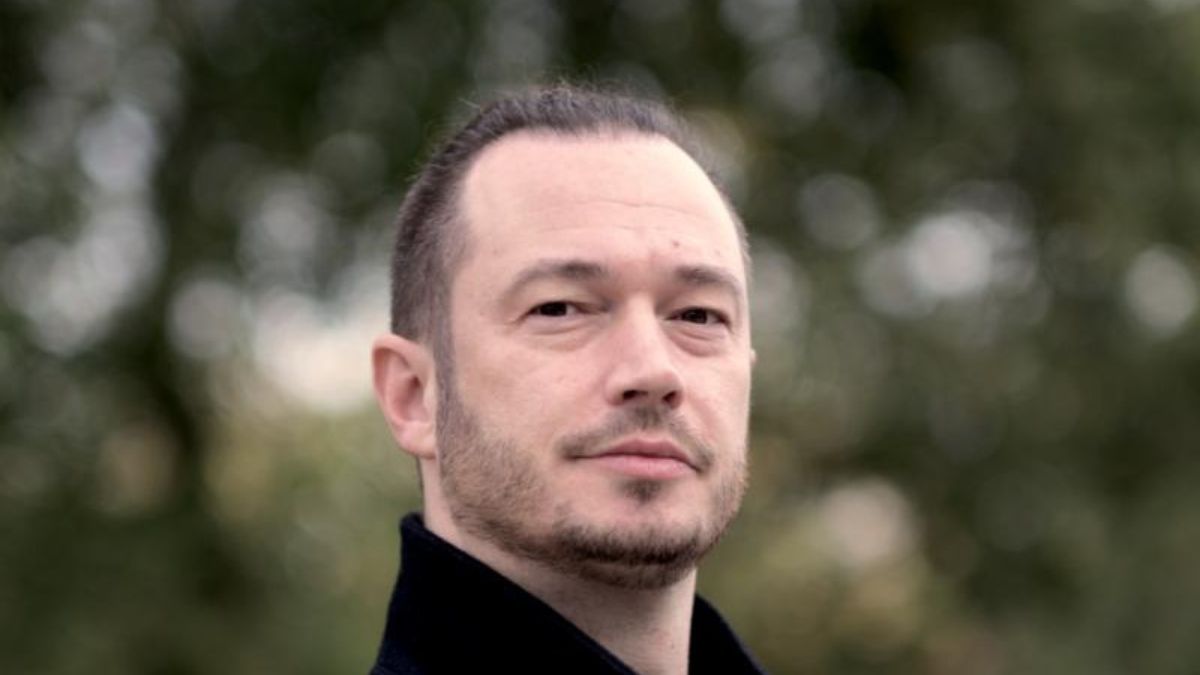Jakob Uszkoreit, a former Google researcher who played a crucial role in developing the technology behind generative artificial intelligence, has embarked on a new journey in the biotech industry. As the co-founder and CEO of Inceptive, Uszkoreit aims to harness AI to transform drug development.
In 2017, while at Google, Uszkoreit proposed using a novel data interpretation method called self-attention, which led to the creation of transformers. This neural network architecture is the foundation of generative AI. Uszkoreit’s idea was initially implemented at Google and other organizations, though it gained significant recognition with the launch of OpenAI’s ChatGPT in late 2022.
“There are actually applications, for example at Google and other places, where transformers have been deployed in production long before, but to much, much less fanfare,” Uszkoreit told CNBC in an interview in June. He acknowledged that OpenAI’s ChatGPT brought significant attention to these applications.
The groundbreaking “Attention Is All You Need” paper, published in 2017 by Uszkoreit and seven other Google researchers, introduced the transformer concept. All eight authors have since departed from Google.
“Maybe Google here hasn’t been able to be as daring as, you know, a much, much smaller company such as OpenAI when it comes to applying this technology to quite different types of products,” Uszkoreit said. “This is something that we fundamentally have to accept and actually, in a certain sense, be maybe even grateful for because Google is providing something to the world that we all rely on day to day.”
Uszkoreit left Google in 2021 to establish Inceptive, a company he describes as a biological software enterprise. In September, Inceptive secured $100 million in a funding round led by Andreessen Horowitz and Nvidia, with the goal of applying AI to drug development.
“We’re starting with a focus on RNA, whose exact composition has been designed with generative artificial intelligence, such that these molecules inside certain biological systems exhibit behaviors that ultimately are native to those systems,” Uszkoreit explained. “There’s actually this promise of a flavor of medicine that is in much greater harmony with living systems than most existing medicines.”
Inceptive’s innovative approach aims to develop RNA-based therapies that align more closely with natural biological processes, potentially leading to more effective and harmonious treatments.


